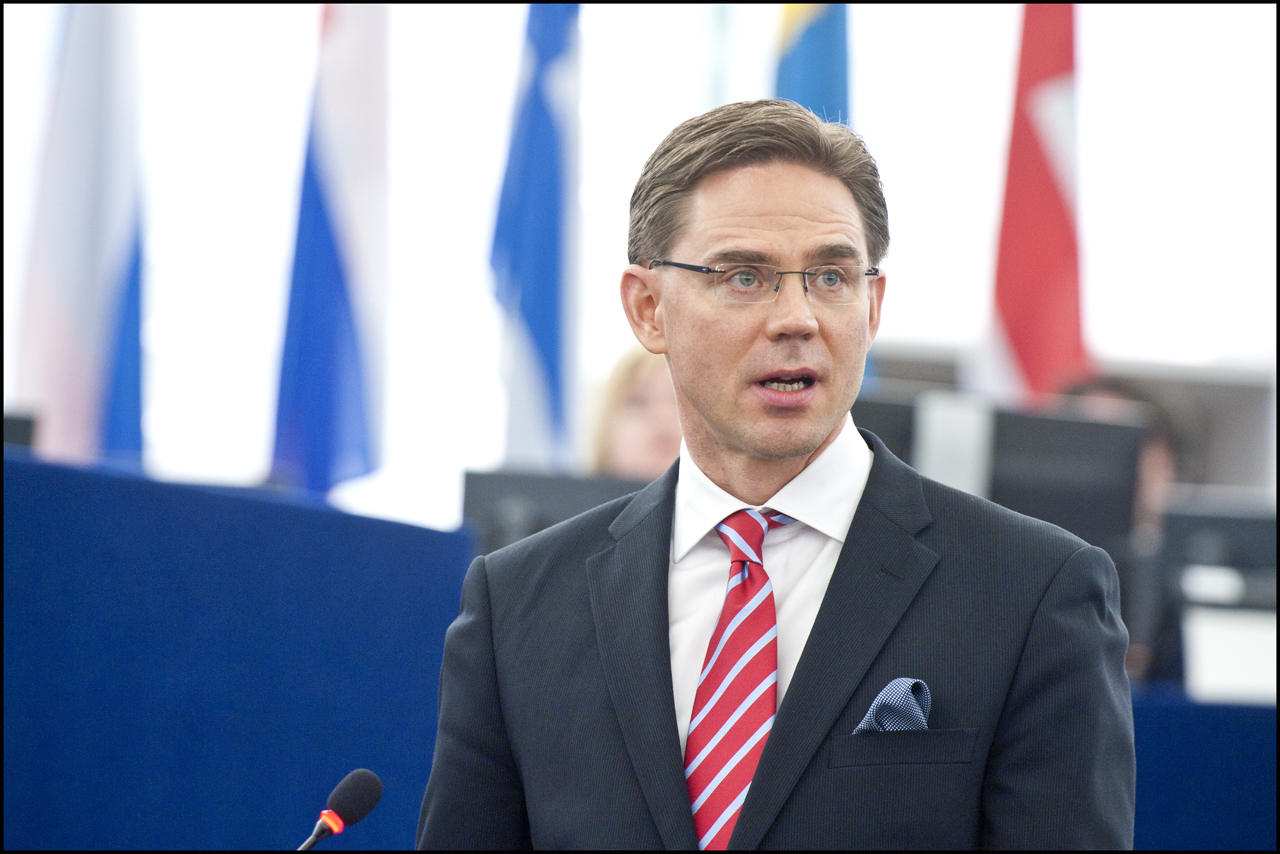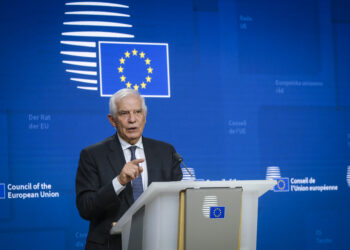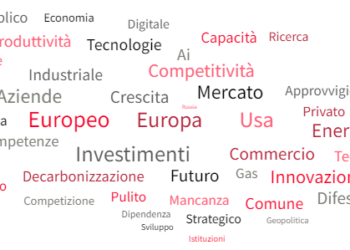This was not the time for quarrelling. Europe even appreciated the Italian reform agenda: the measures could “boost” Italian economy, sure, but “they need to be realised.” This is how the informal Ecofin held on Saturday in Milan, chaired by the Italian Economy Minister Pier Carlo Padoan, president in charge of the his European Ministers. A clear analysis came from one of the Central Bankers, Ignazio Visco, who explained that after the Eurogroup held on Friday and the Ecofin held on Saturday, “Italy has still the same problems,” then no new issues were accounted – but the already known issues need to be addressed. During an interview with the Rai TG2, Visco underlined that “there was agreement on the consideration that there is a European problem in terms of investments,” and that it is necessary to aim at their relaunch, in particular in terms of private investments. Jyrki Katainen, the Finnish Commissioner of the EU for Economic Affairs (A renowned ‘hawk’) said “the only chance we have is to stimulate private investments, because there are much more capitals than in the public sector, which are not made because of structural weaknesses of some.”
Let’s say it was a moment of ‘peaceful productivity’, where one of the main actors was the Vice President of the European Central Bank, Vítor Constâncio, who assisted to the beginning of the implementation of the policies his head Mario Draghi has been invoking for months. “This was a crucial meeting,” he said in Milan after the Ecofin, “because we discussed about actual measures. Governments are aware that more reforms are needed and will implement actions to support growth.” Draghi has been asking for a long time to prioritize reforms, calling governments for doing what they have promised. Now it seems everyone is convinced about it, even Italy. “Reforms will create a better environment for investments,” added Constâncio, “even for public ones.” This is where the ‘exchange’ was made: not a proper transfer of sovereignty to Brussels, even though we are near. After insisting on reforms and on the fact they are essential for relaunching investments, Constâncio explained that “it is the ‘ECB support to Juncker’s proposal of an investment plan which could be up to €300 bn.” It is clear that these investments could be allocated solely where reforms have been made to create the “best environment” they need to flourish.
Italy won’t exceed this scheme, we will ask neither more nor less than others. Italy was suggested to look at Spain or Ireland – dealing with the reform of the labour market – and abandoning the German model (to which the government led by Renzi seems to aspire instead). Katainen, gently but firmly, explained the issue: “There are good examples coming from Spain, Ireland, and The Netherlands,” he said, “which have been able to exploit the reforms undertaken.” Still, the Commissioner is not pessimistic: he is going to become one of the Vice Presidents of the European Commission, and he hasn’t started a battle with Rome. “Italy has a very ambitious reform agenda, this is what Italy needs and the implementation of these measures will boost its growth.” Katainen hasn’t seen these reforms in detail – in particular, he’s waiting for the plan Rome needs to file within mid November containing a detailed timeline of reforms – but the Commission, said the Finnish politician, “wants to support Italy, which is doing something, which is doing what is needed.”
Padoan is confident, he knows what he has to do. He’s aware that’s not an easy task, but has a clear map on his mind and – reiterating that the 80€ bonus won’t be written off – agrees with Katainen is saying that “credibility is a crucial aspect. Still, realising reforms takes time.” He’s not asking for more time though – he said “we need to accelerate” instead.




![Aerei Saab [foto: imagoeconomica]](https://staging.eunews.it/wp-content/uploads/2024/11/Imagoeconomica_2292144-350x250.jpg)




